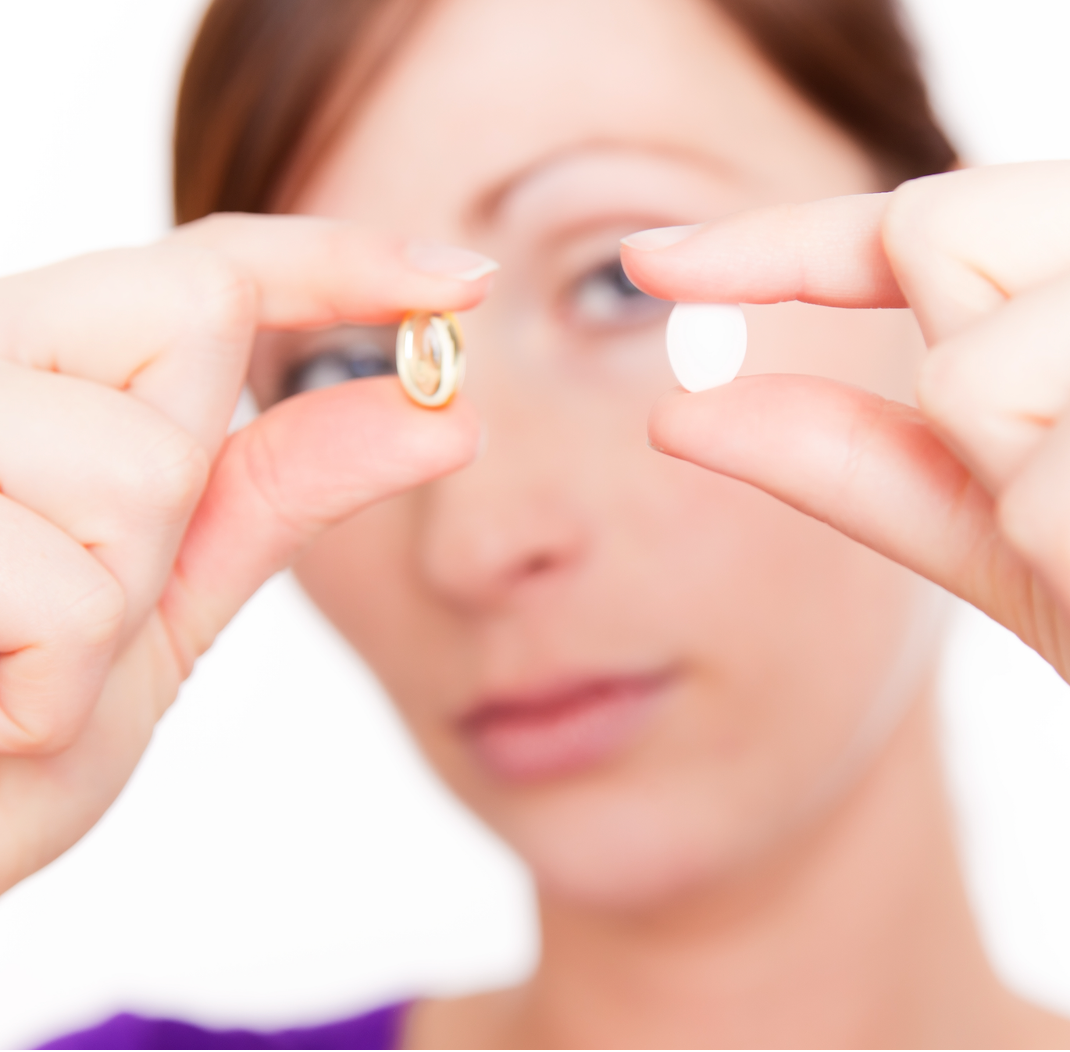Article
Adverse Reactions, Disease Activity Cited as Disease-Dependent Factors for Biosimilar Refusal
Author(s):
Disease-dependent factors, such as a history of adverse reactions to bio-originators and disease activity, influenced patients' acceptance of switching from a biologic to a biosimilar.
Several factors were shown to influence patients’ acceptance of switching from a biologic to a biosimilar (BS), which may be disease-dependent, including a history of adverse reactions to biologics and disease activity, according to a study published in Biological and Pharmaceutical Bulletin.1

“Biologics are widely used to treat various diseases, and governments of several countries have promoted BS because of the high cost of bio-originators,” investigators noted. “BS should be similar to the reference drug in terms of quality, safety, and efficacy; this is one of the principles for assessing the utility of BS in several countries. However, in recent years, patients’ negative perceptions regarding switching to BS have reportedly led to nocebo effects, including new or worsening symptoms and adverse events.”
The cross-sectional study utilized interviews with both pharmacists and patients who were currently treated with biologics or planned to use them to evaluate the knowledge of biosimilars, the acceptance of switching to a BS, and factors associated with that decision at the Kameda Medical Center, Chiba Prefecture, in Japan. Eligible patients had primary or relapsed malignant lymphoma, rheumatic disease, osteoporosis, and inflammatory bowel disease (IBD), and were aged 20 years or older. Demographics and clinical characteristics, such as diagnosis, disease duration, history of bio-originator treatment, and adverse reactions, were retrospectively collected via medical records.
Interviewers inquired if patients were familiar with BS, gave patients information on manufacturing biologics, and explained the similarities between BS and bio-originators regarding safety, efficacy, and quality, as well as the cost-saving benefits. Participants were encouraged to provide any reason for reluctancy to switching to BS. Based on these answers, patients were assigned to either the “acceptance group” or the “refusal group.”
Data from 204 patients were included in the analysis, with 63.7% of patients reporting a diagnosis of rheumatoid arthritis, IBD, osteoporosis (non-cancer group), and other rheumatic diseases. A total of 74 patients (36.3%) had malignant lymphoma and were placed in the cancer cohort. Patients with cancer reported better acceptance of BS when compared with the non-cancer cohort.
Results of multivariate logistic regression model indicated that switch refusal was more common in patients with a history of adverse reaction to biologics (odds ratio [95% confidence interval (CI)] = 3.38 [1.35–8.44]), those with disease activity complaints (3.57 [1.53–8.32]), and patients who were unwilling to accept treatment with generic drugs (7.62 [2.70–21.60]). For those who were prevalent users of bio-originators, a history of adverse reactions to biologics (odds ratio: 3.12 [1.25–7.78]), refusal of generic drugs (odds ratio: 4.78 [1.69–13.50]), and disease-related complaints (odds ratio: 3.68 [1.33–10.20]), continued to be significant deciding factors.
Ultimately, a third of patients (32.4%, n = 66) were unwilling to switch to BS, citing dependability (45.5%), effectiveness (32.4%), safety (25.8%), and economic sufficiency (21.2%) as the most common reasons for refusal. Further subgroup analyses showed that the unacceptability of generic medications was common, irrespective of disease. However, previous adverse reactions to biologics and disease activity were disease-dependent.
The single-center approach limited the study and hindered generalizability, especially when considering many patients involved in the analysis were geriatric. Additionally, as the subgroup analysis included a small number of patients, future studies are needed to confirm the findings.
“Most patients did not know about BS, and the reason that the patients refused BS was dependability,” investigators concluded. “A pharmaceutical company or related organization should raise awareness of BS and its reliability…Physicians and pharmacists should provide sufficient information on BS to patients who doubt the efficacy and safety of BS to help them understand BS, considering that the history of complaints related to disease activity differs depending on the disease…These efforts may promote patients’ switching to BS.”
Reference:
Funaki A, Hirata I, Matsui H, Isezaki T, Funakoshi R. Factors Affecting Patients' Acceptance of Switching to Biosimilars Are Disease-Dependent: A Cross-Sectional Study. Biol Pharm Bull. 2023;46(1):128-132. doi:10.1248/bpb.b22-00429





